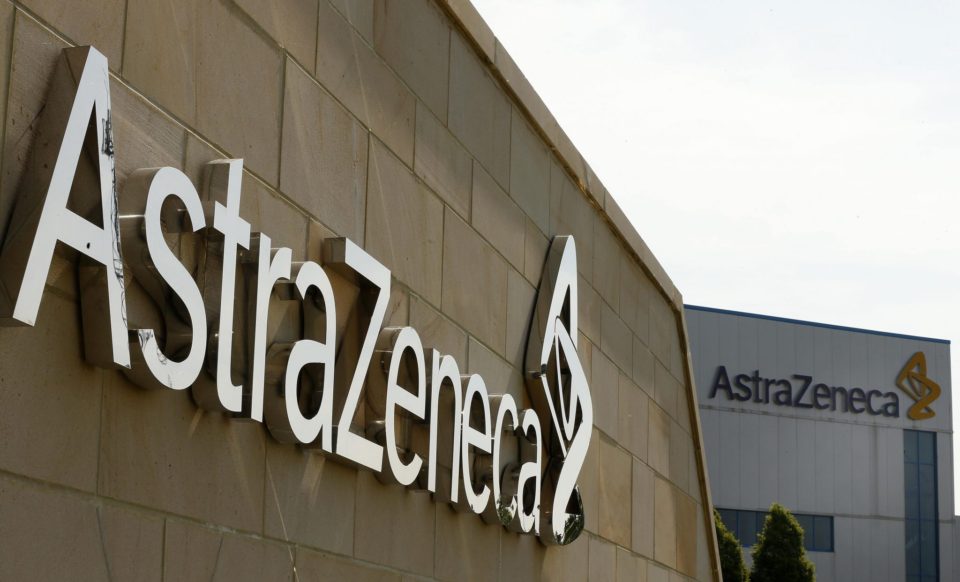After getting a red flag on its US trial from the independent data safety monitoring board (DSMB), AstraZeneca plc on Thursday announced results based on updated data from its trials, saying that its vaccine had a 76 per cent efficacy, marginally lower but consistent with the results announced on Monday.
“Vaccine efficacy at preventing symptomatic covid-19 was 76 per cent, occurring 15 days or more after receiving two doses given four weeks apart. In addition, results were comparable across age groups, with vaccine efficacy of 85 per cent in adults 65 years and older,” the Anglo-Swedish firm said and added that the jab was 100 per cent effective in preventing severe disease and hospitalization.
AstraZeneca had on Monday announced its first set of interim results from the phase 3 trial in the US, Chile and Peru, showing that its vaccine, which it co-developed with the University of Oxford, had an efficacy of 79 per cent.
However, a US government agency, the National Institute of Allergy and Infectious Diseases (NIAID), a day later said that the trial’s DSMB had notified that AstraZeneca may have used outdated information from the US trial, which may have provided an incomplete view of efficacy data.
After NIAID’s statement on Tuesday, AstraZeneca said that Monday’s results were based on a pre-specified interim analysis with a data cut-off of 17 February and that it will immediately engage with the DSMB. The company also said that it would issue results of the primary analysis within 48 hours, which it did on Thursday.
In its second set of interim results, which are based on the latest data, the company has calculated the 76% efficacy from 190 symptomatic cases of covid-19 from the 32,449 trial participants. The cases include an additional 49 patients in the cohort compared with the interim analysis announced on Monday, AstraZeneca said.
 Live
Live

